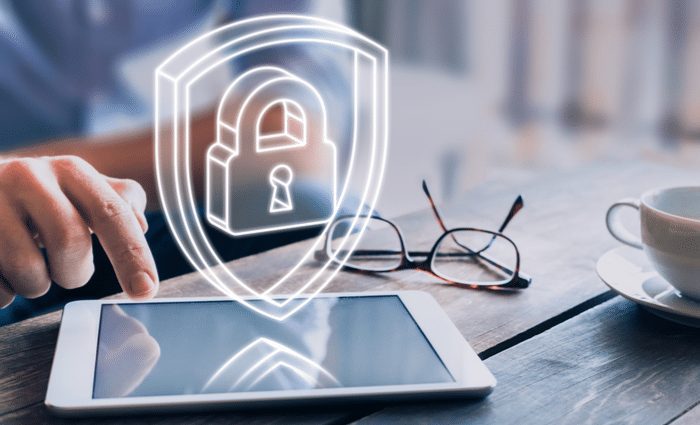There is much to unpack here, but we will try to keep it as short and easy-to-understand as possible. Information technology (IT) security encompasses a large area, making it somewhat confusing for those of us who don't know what it implies.
As hackers are becoming ever more numerous and diverse, it also becomes increasingly important for not so tech-savvy business people to know what are the different branches of IT security and how they work together to keep us safe.
The Security Chain
IT security is like a series of link-parts of a chain network. The reason for this is the digital space is already constructed on a system with elements such as databases, cloud-based servers, APIs, and all sorts of mobile applications, etc.
These many elements also provide more opportunities for hackers to find a way in, meaning that each one of these components needs a set of security measures. What's more, these security measures often work together, somewhat similar to how the network components do.
One thing that we need to clarify right off the bat is that there is no such thing as a one-size-fits-all approach to IT security. Every network is comprised of different elements, which means that security measures also need to be different.
IT Security, Information Security, and Information Assurance
IT security and information security are often used interchangeably, but they do, however, differ from one another. When we talk about information security, we are referring to data protection, be it digital or physical. IT security, on the other hand, is only focusing on digital information security. In short, IT security covers all aspects of security that fall within a network.
Lastly, information assurance refers to various preventive measures that help safeguard data from all sorts of natural disasters and theft. Among these, we have things like data backup or offsite backup databases, among others.
Network Security
Network security has to do with everything that's related to the network, including both hardware and software. Network administrators have to make sure that the reliability, usability, and integrity of the system remains intact. Hackers can infiltrate the network, restrict your access, and demand a ransom.
Endpoint Security
Endpoint security is in charge of both ends of the network - where data enter and leaves. But probably the weakest link in the security chain is the users, themselves. Whether it's a lack of proper education on the nature of IT security and cyber threats, weak passwords, phishing campaigns, downloading malware, and so on, end users pose a security risk for the network, and this is why endpoint security is crucial.
Internet Security
Also known as cybersecurity, internet security deals primarily with data that is sent to and from your browser, as well as how networks interact with web applications. The importance of this cybersecurity comes into focus when we realize that the entire internet is nothing more than an unsecured network.
Conclusion
Without going into any technical detail, we've presented to you the basics of IT security and how it works to keep yourself and your business secure. It is for this reason why IT security experts are probably the most critical team members that you need to hire. Contact us today to ensure the safety and security of your hardware, software, and other assets.
Continued Reading

September 4, 2018
The Many Different Types of Cyber Attacks
[vc_row header_feature="yes"][vc_column][vc_empty_space][vc_column_text] Cyber attacks are all too frequent nowadays. In […]
LEARN MORE
September 7, 2018
What Kind of Security Is Available to Protect Yourself
There is no denying the fact that cyber attacks are […]
LEARN MORE

